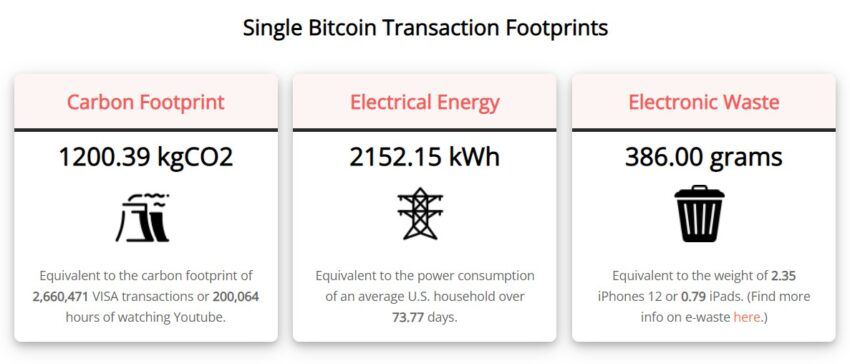The Wikimedia Foundation (WMF) has announced it will stop accepting crypto donations citing environmental concerns.
The decision by Wikimedia’s parent was taken at the end of last month following a three-month debate.
“We began our direct acceptance of cryptocurrency in 2014 based on requests from our volunteers and donor communities. We are making this decision based on recent feedback from those same communities,” Wikimedia announced.
Around 70% of 400 users supported the proposal to not accept crypto donations.
Over the last eight years, the WMF has accepted cryptocurrency donations in bitcoin, Bitcoin Cash, and Ethereum. Currently, all of these use energy-intensive proof-of-work (PoW) mechanisms.
In the last financial year, the WMF revealed that it received $130,100 worth of donations in cryptocurrencies from 347 donors, accounting for just 0.08% of its total revenue. Bitcoin was the most popular currency.
“We have never held cryptocurrency, and spot-convert donations daily into fiat currency (USD), which doesn’t have a significant environmental impact,” the WMF argued.
However, it conceded that converting “bitcoins to dollars as soon as they were received was a big mistake,” considering the token’s appreciation in price since 2014.
Wikimedia cites Mozilla backlash
The Wikimedia community also highlighted the backlash that Mozilla faced, after which it paused crypto donations in Jan. The proposal said, “One of our peers in the non-profit, FOSS space (Mozilla) is reevaluating their choice to accept cryptocurrency donations after considerable backlash from their supporters, including from their own founder Jamie Zawinski.”
According to the report, a major argument against cryptocurrency was “issues of environmental sustainability.” But this ignores a number of more energy-efficient blockchains that do not use proof-of-work mining, such as Avalanche, Tezos, Solana, and Cardano.
Proponents of crypto believe say the ability to make anonymous donations is crucial in countries where Wikipedia is illegal or censored.
And with bitcoin becoming legal tender in El Salvador and the Central African Republic, the WMF is effectively blocking users from donating in their countries’ official currencies.
Disclaimer
All the information contained on our website is published in good faith and for general information purposes only. Any action the reader takes upon the information found on our website is strictly at their own risk.


